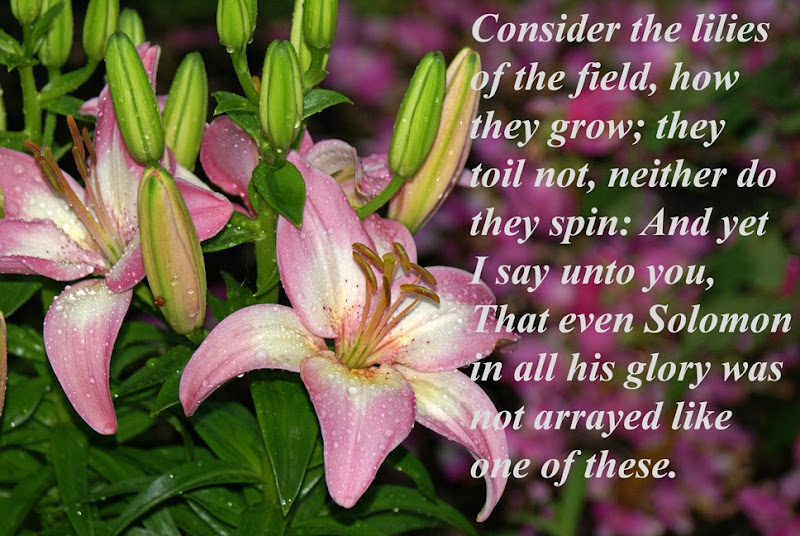I'm on the email loop from our city's Public Affairs Manager, and I received this in my mail today!

I am very excited about this opportunity and will hopefully be able to attend. I think it would be awesome to help plant demonstration sites around the city. What a great community project!
I am so proud of the leaders' of Noblesville and Hamilton County for educating those in our community about this serious issue, but more importantly to be an example to the people with this wonderful project and the free workshop.
We have a river, retention ponds galore, and several lakes in our area. People don't realize that every chemical they use in their yards to kill weeds and bugs end up in our water supply through storm water runoff. Even with water purification systems, particles of these chemicals remain in our drinking water. Not only that, but those chemicals are harmful to the wildlife in our retention ponds which are located in just about every neighborhood, (mine has three). We used to have so many frogs around our neighborhood and now there are very few, I'm convinced it is due to the poisons in the ponds.
I have received brochures with my water bills telling of ways to prevent water runoff pollution.
Here is a list I found online:
10 Things You Can Do to Prevent Stormwater Pollution:
1. Use lawn and garden chemicals sparingly or use organic alternatives. Whatever you put on your lawn could find its way to a stream.
2. Choose low-maintenance, native plants that require fewer chemicals and less watering.
3. Don't dump anything into storm drains. Most lead directly into area waterways. This is a violation!
4. Wash your car on the lawn or gravel, which filter the dirt and soap out of the water. Use soaps without phosphates, which remove oxygen from the water. Or go to a car wash that recycles wash water.
5. Fix that oil leak in your car, and recycle oil and other car fluids.
6. Clean up after your pet and dispose of the waste in the garbage or flush it down the toilet.
7. Report Polluters .
8. Keep your septic system maintained to prevent leaks.
9. Sweep driveways and sidewalks instead of hosing them off. Direct downspouts away from paved surfaces.
10 Reduce the amount of impervious surfaces around your home. Alternatives such as paving blocks, gravel, cobbles, brick and natural stone can replace asphalt and concrete in driveways, parking lots and walkways.
Hamilton County Public Education Steering Committee
http://www.co.hamilton.in.us
While most of this has been about Hamilton County and Noblesville, Indiana, rain gardens are beneficial no matter where you live and each person should be aware of and concerned about stormwater runoff pollution.
I think with the recent droughts and water shortages more people are thinking of reducing their lawns and using native plants, (which require less water), for their gardens. For Indiana, a wonderful resource for learning more about native plants is Indiana Native Plant and Wildflower Society, (inpaws).
American Beauties Native Plants is another informative site for planning butterfly, bird and other types of gardens with native plants in your specific location of the country.
I am so excited about this new Rain Garden project! I'll definitely be keeping an eye on this and sharing with you our progress!






































